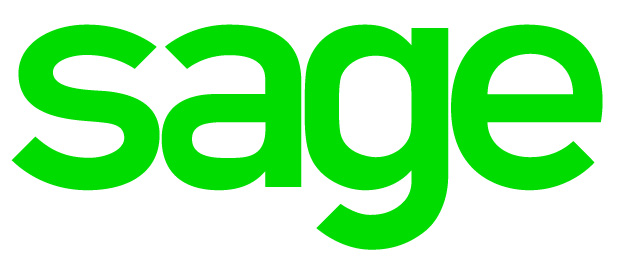Wear & Tear Allowance (WTA)
If a property is let furnished – with sufficient furniture, furnishings and equipment for normal residential use – landlords can only claim tax relief for the furniture and equipment by way of the WTA. Prior to April 2013, landlords had the option of claiming the cost of replacement furniture instead.
The WTA is calculated as 10% of the gross rents less any tenant’s costs (e.g. water rates and council tax) met by the landlord.
WTA does not cover repairs, which continue to be tax deductible. The question is then raised can replacement of an item be counted as a repair? In this respect, landlords that let furnished property need to distinguish between:
- Replacement of items that are integral to the building, and
- Replacement of items that are not integral to the building.
Needless to say there are grey areas!
Replacement of items that are integral to the building
Fixtures integral to the building are those that are not normally removed by either tenant or owner if the property is vacated or sold. Examples include:
- Baths
- Washbasins
- Toilets
- Immersion heaters
- Fitted kitchens and fitted white goods.
This list is not intended to be complete but gives an idea of the assets that are integral to the building and fall outside the wear and tear allowance. As these items are integral to the building, the cost of replacing these items is normally an allowable expense as a repair to the building.
Replacement of items that are not integral to the building.
Expenditure of this type will be covered by the WTA. Examples given on HMRC’s website in this category include:
- movable furniture or furnishings, such as beds or suites,
- televisions,
- fridges and freezers,
- carpets and floor-coverings,
- curtains,
- linen,
- crockery or cutlery,
- beds and other furniture
Unfortunately, these examples are not definitive: is a carpet glued to the floor a permanent fixture, or not part of the integral features?
Latest News
- High risk and all eggs in one basket - April 25, 2024
- More corporate red tape - April 23, 2024
- New employment protections - April 18, 2024
- Opening up small company reporting - April 16, 2024
- Boost for small businesses - April 12, 2024
- A new acronym - April 9, 2024
- Tax Diary April/May 2024 - April 5, 2024
- Still time to register for the Marriage Allowance - April 5, 2024






